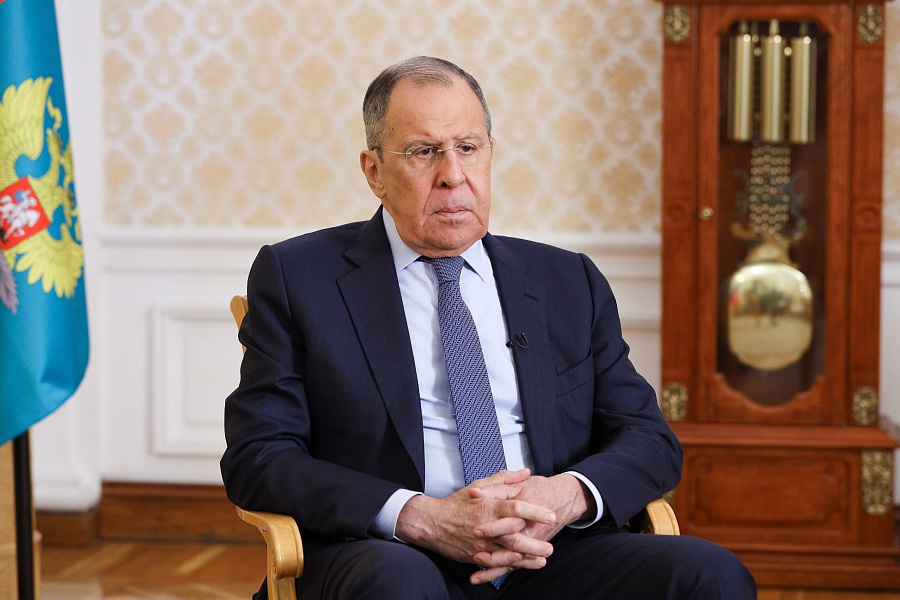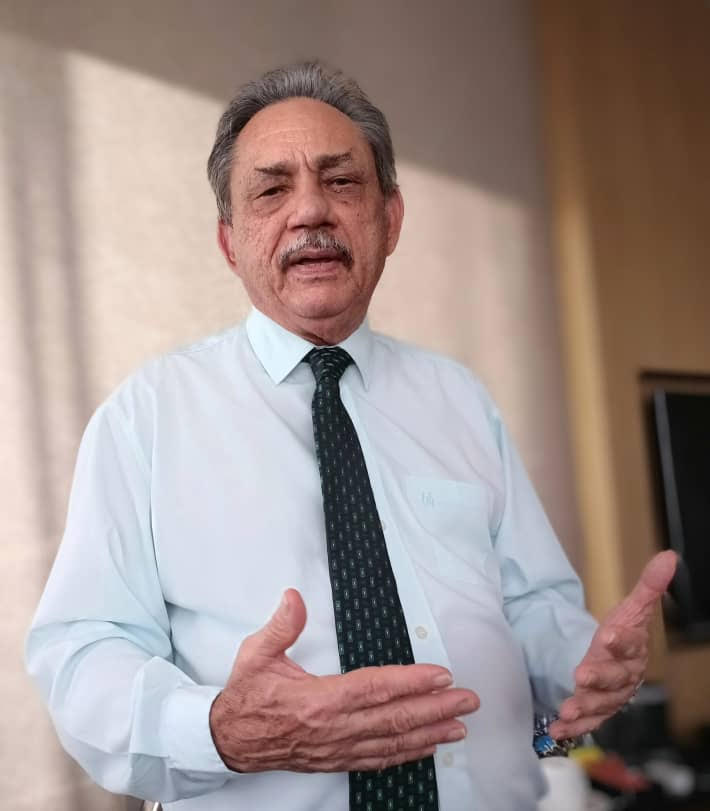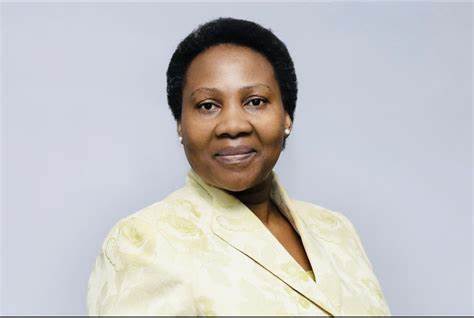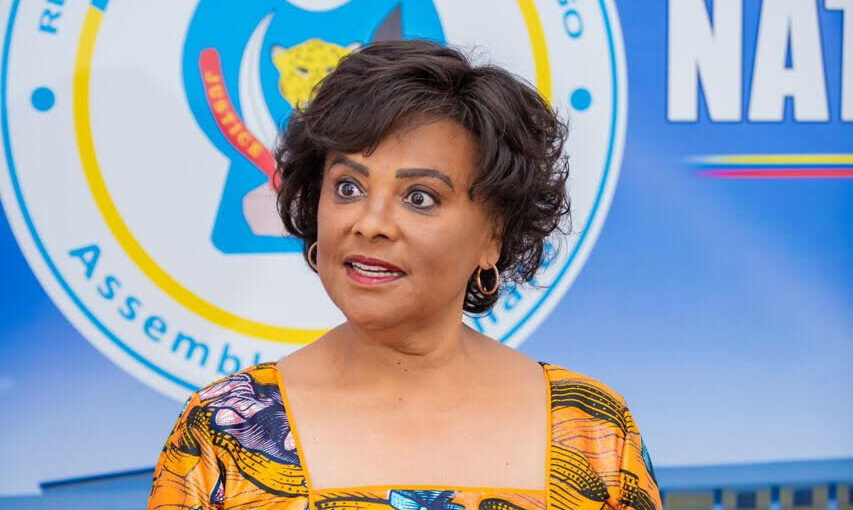
Newly-elected-Speaker-of-the-National-Assembly-of-Angola-Honorable-Carolina-Cerqueira
By Moses Magadza
KINSHASA, DOMOCRATIC REPUBLIC OF CONGO – African governments have been urged to invest in young people and implement important frameworks on youth, peace and security to avoid missing out on the demographic dividends that the continent’s youthful population presents.
At the start of the 52nd Plenary Assembly Session of the SADC Parliamentary Forum that the National Assembly of the DRC hosted in early December 2022, parliamentarians from 14 national parliaments from the SADC Region participated in a symposium focusing on peace and stability.

The theme of the symposium was: “The role of parliaments in strengthening legislative frameworks for peace and security in the SADC region”.
Dr Eugene Kongnyuy, UNFPA Representative to the DRC, was one of four panellists that discussed the theme. He said that the region’s rapid population growth could be a blessing or a curse.
“Rapid population growth is an opportunity for economic growth and development when well managed. When it is not well managed, it can lead to some problems that can lead to insecurity; issues like violence and crime,” he told the lawmakers.
He further warned that rapid population growth could create poverty because it tends to be faster than economic growth, with people fighting for control of natural resources, which can foment conflict and violence.
“Rapid population growth means the government would be struggling to provide basic social services such as education and health, leading to the population losing trust in institutions due to a breakdown of the social contract and increased inequality,” Kongnyuy said.
The World Bank estimates that in sub-Saharan Africa, the population of people aged below 25 years old is approximately 60 percent of the entire population and that 40 percent of the whole population lives below the poverty datum line, with unemployment estimated to be at 11 percent.
Kongnyuy warned that high unemployment was a harbinger of strife. The higher the unemployment, the higher the risk of instability,” he cautioned.
He encouraged SADC MPs – working through their national parliaments under the umbrella of the SADC PF – to harness legal frameworks that offer guidance on what to do to turn rapid population growth into an opportunity.
In this regard, Kongnyuy cited the 2015 UN Security Council (UNSC) Resolution 2250 on ”Youth, Peace and Security”, and the 2018 UN Security Council Resolution 2419 that calls for the full inclusion of youth in the negotiation and implementation of peace agreements, at the international level.
At continental level, he held out the 2006 African Youth Charter and the 2008 African Continental Framework on the Youth, Peace and Security Agenda.
At Regional level (SADC) he reminded the MPs about the 2003 Charter on Fundamental Social Rights in SADC as well as the 2015 Declaration on Youth Development & Empowerment. The African Union Road Map on Demographic Dividend was yet another instrument.
He said the UNFPA was supporting the implementation of legal frameworks on youth, peace and security and women, peace and security by focusing on gender equality, humanitarian response and adolescents and youth.
Additionally the UN agency was supporting work around reproductive health including rights-based voluntary family planning and maternal health, empowerment of women and youth (including gender-based violence and child marriage), access of young people to quality education (preventing sexual exploitation and abuse, out-of-school training and life skills, etc.) and improving economic policies and governance (through quality data).
Kongnyuy said part of the work done by UNFPA was geared, also, towards enabling SADC Member States achieve “demographic resilience” which is characterised by a population that is stable and growing in a way that is manageable due to a good balance between population growth and economic growth.
The UN contends that demographic resilience can only be achieved if the population has access to rights-based voluntary family planning services that enables women to have agency over their reproduction – decide when, how often and with whom to have children.
Another aim of the work of UNFPA with Member States, according to Kongnyuy, is the realisation of human capital development. To achieve this, he said there was need to strengthen the health and economic value of every citizen.
He called on parliaments to support efforts to bring down mortality and extend life expectancy, invest in education and empower young people and women, end gender based violence and generate up to date data to support policy formulation, good governance and decision making.
He urged SADC PF Member Parliaments to establish parliamentary think tanks to identify and remove barriers to young people’s active involvement in initiatives to bring about peace and security.
He also urged National Parliaments to consider quotas to promote young people’s participation in politics, increase access to voluntary family planning services and education.
Regional peace and security turned out to be issues about which all delegates were very passionate, with many of them calling for unity in responding to threats in various parts of the region including Mozambique and the DRC.
Newly-elected Speaker of the National Assembly of Angola, Honourable Carolina Cerqueira, said peace, security and solidarity had been top agenda items in the SADC region and for good reason.
She said the SADC Region would continue to cherish the sovereign rights of Member States and citizens while consolidating peace and security which “are conditions for socioeconomic development”.
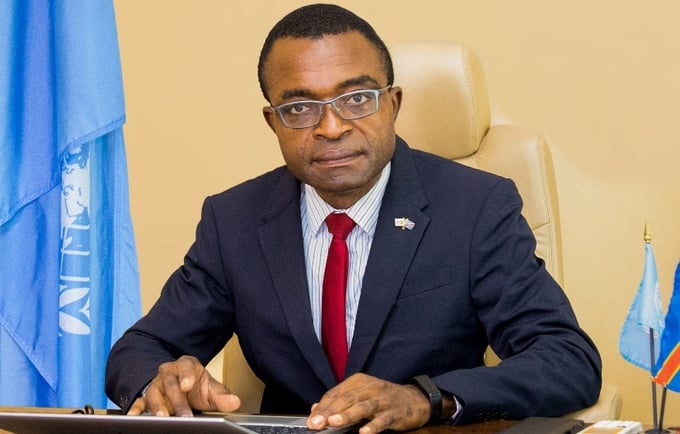
Honorable Cerqueira, is the former Minister of State for Social Affairs in Angola. She is the first woman to serve as Speaker of the National Assembly, making her the third most senior government official in her country.
She said in the pursuit of peace and security, the SADC Region had employed negotiations, deliberations through parliamentary action, intervention and legislative frameworks, through which Angola had worked towards the stability of the region.
“Ensuring peace and security is the duty of all states and it is a right of each and every citizen,” she said, adding that the role of parliament does not stop in passing of Bills but extends to guaranteeing that any action that threatens the territorial integrity, peace, security and stability of member states or promote war is addressed.
She said parliaments must relentlessly promote conflict resolution and peace processes through voting and passing relevant laws.
“We cannot fail for the sake of our citizens and for the sake of future generations. Violence is the breeding ground of instability, insecurity and lack of development.
“It takes away any confidence that investors have in us. We should stand in solidarity to protect vulnerable populations including women and children,” she said.
On DRC and Mozambique, Honourable Cerqueira called for the consideration of “all provisions” in ending instability “in order to bring back peace and socioeconomic development to this region”.
She said the DRC was well-endowed with natural resources and contended that promoting peace in the DRC was promoting peace in the entire SADC region.
Malawi’s Second Deputy Speaker of Parliament, Honourable Aisha Adams, said parliaments and parliamentarians “are increasingly perceived as being perfectly positioned to contribute to among others, peacebuilding, whether directly, through conflict prevention initiatives, or indirectly, through programmes that tackle poverty”.
Noting that different countries had experienced different kinds of conflicts leading into infringement of human rights, Honourable Adams said: “In democratic dispensations, parliaments have a crucial role to play in making sure that tenets of human rights are being safeguarded and enjoyed by all.”
She said peace and security must continue to be prioritized in every country because “we can achieve nothing with instability”. She called for the promotion of peace everywhere; “from our homes, communities, countries and the entire world”.
A Member of Parliament from Botswana, Honourable Dithapelo Keorapetse, drew attention to the fact that although many people had died in conflicts between countries over the years, there had lately been reports of people dying in internal conflicts “and we should call a spade a spade in our parliaments”.
On the situation in the eastern part of the DRC, Honourable Keorapatse called for a fact-based and meticulous approach.
“While we need to provide solidarity with the DRC, we should move further and speak with clarity, recognizing what the problem is in eastern DRC, its causes and effects and coming up with a resolution that can be communicated to the apex structure of SADC which is the Summit of Heads of State and Government,” he said.
He called, also, for the strengthening of SADC security structures and added that talks of a SADC standby force or brigade must be walked.






